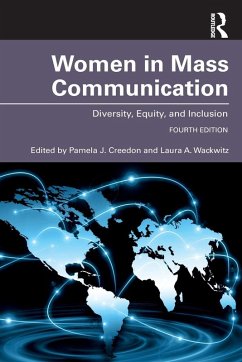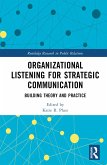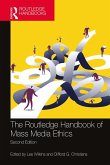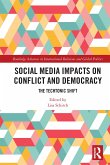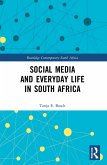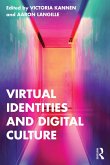This fourth edition of Women in Mass Communication addresses the myriad changes in media and mass communication disciplines in relation to women over the last five decades.
This volume traces the history of diversity, equity, and inclusion for women in media, enabling greater understanding of global discourses and inequities, exploring transnational feminism, offering criticism of underlying structures, and calling for meaningful changes to media systems. With particular emphasis on educational and professional approaches to media communication, the book brings together a wide variety of specific topics and connects them through an intersectional feminist lens that values diversity, equity, and inclusion while exposing global systemic misogyny. The volume features 23 authors with a variety of backgrounds and perspectives from Australia, Germany, Ghana, Kenya, Korea, New Zealand, Saudi Arabia, United Arab Emirates, United Kingdom, and the United States. This fourth edition focuses on marginalization practices-race, ethnicity, LGBTQ+, social class, and in multiple societies-providing insight into identity and difference in a global context.
An important text for students and scholars examining gender in relation to mass communication, media studies, and journalism, as well as those exploring wider issues of diversity, equity, and inclusion within these disciplines.
This volume traces the history of diversity, equity, and inclusion for women in media, enabling greater understanding of global discourses and inequities, exploring transnational feminism, offering criticism of underlying structures, and calling for meaningful changes to media systems. With particular emphasis on educational and professional approaches to media communication, the book brings together a wide variety of specific topics and connects them through an intersectional feminist lens that values diversity, equity, and inclusion while exposing global systemic misogyny. The volume features 23 authors with a variety of backgrounds and perspectives from Australia, Germany, Ghana, Kenya, Korea, New Zealand, Saudi Arabia, United Arab Emirates, United Kingdom, and the United States. This fourth edition focuses on marginalization practices-race, ethnicity, LGBTQ+, social class, and in multiple societies-providing insight into identity and difference in a global context.
An important text for students and scholars examining gender in relation to mass communication, media studies, and journalism, as well as those exploring wider issues of diversity, equity, and inclusion within these disciplines.

